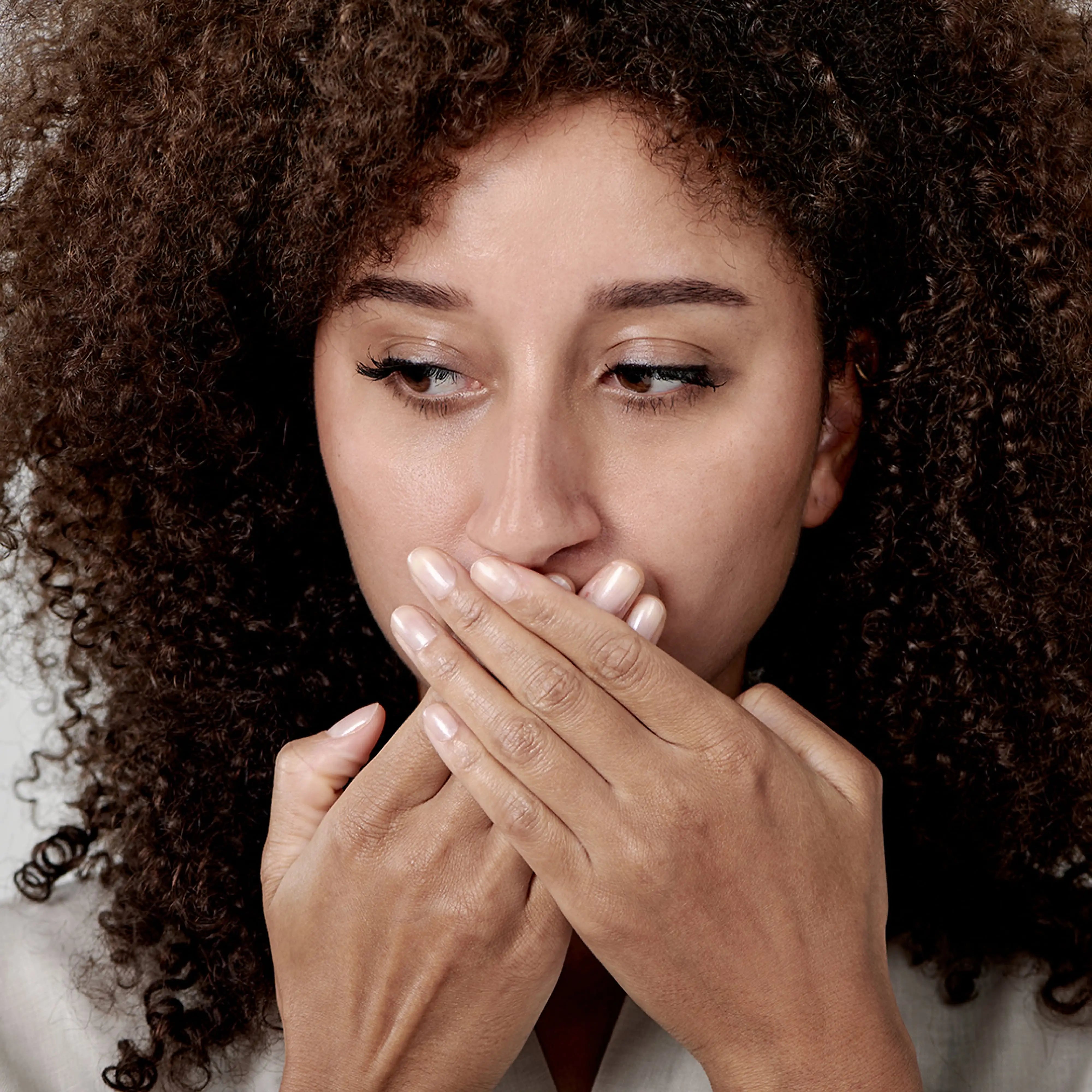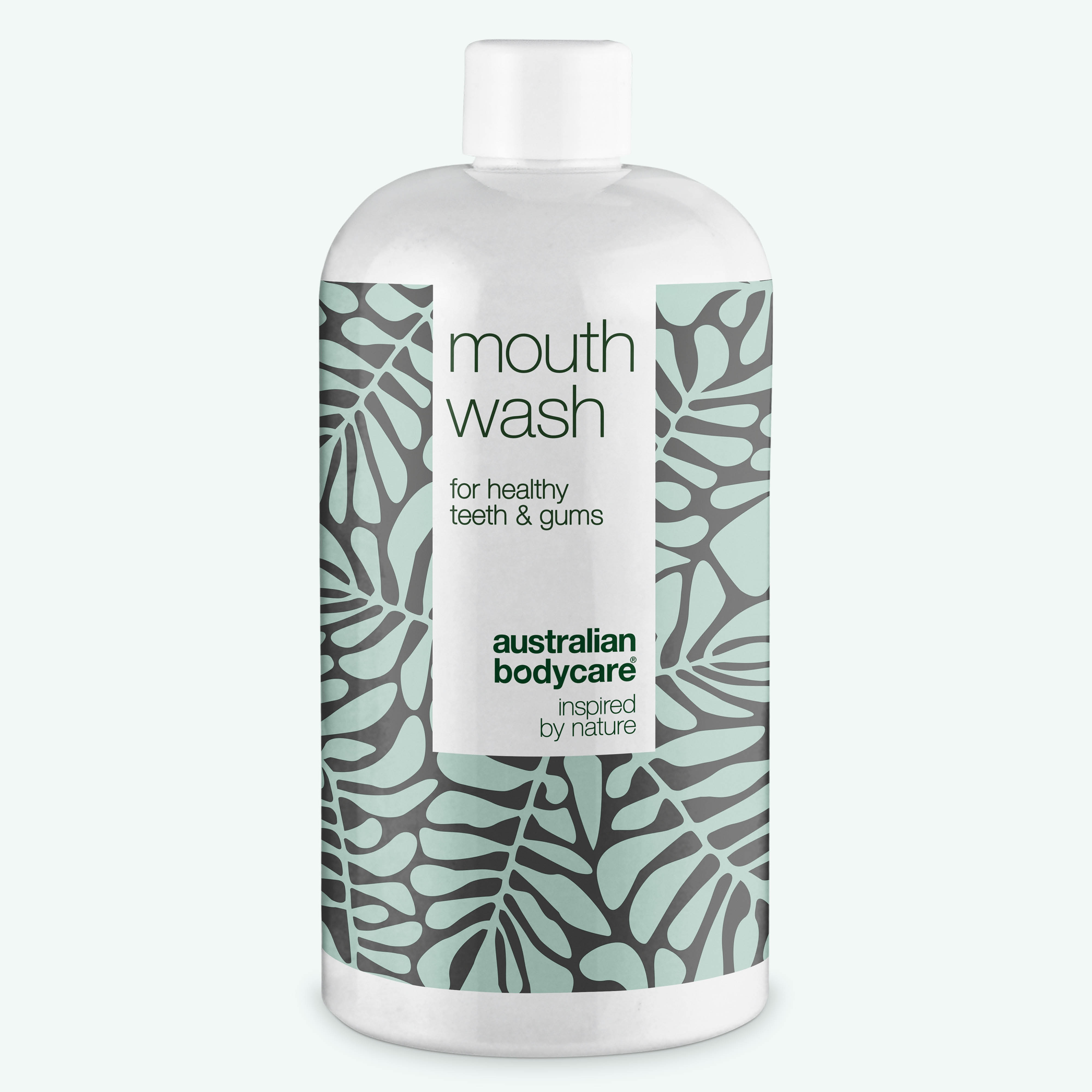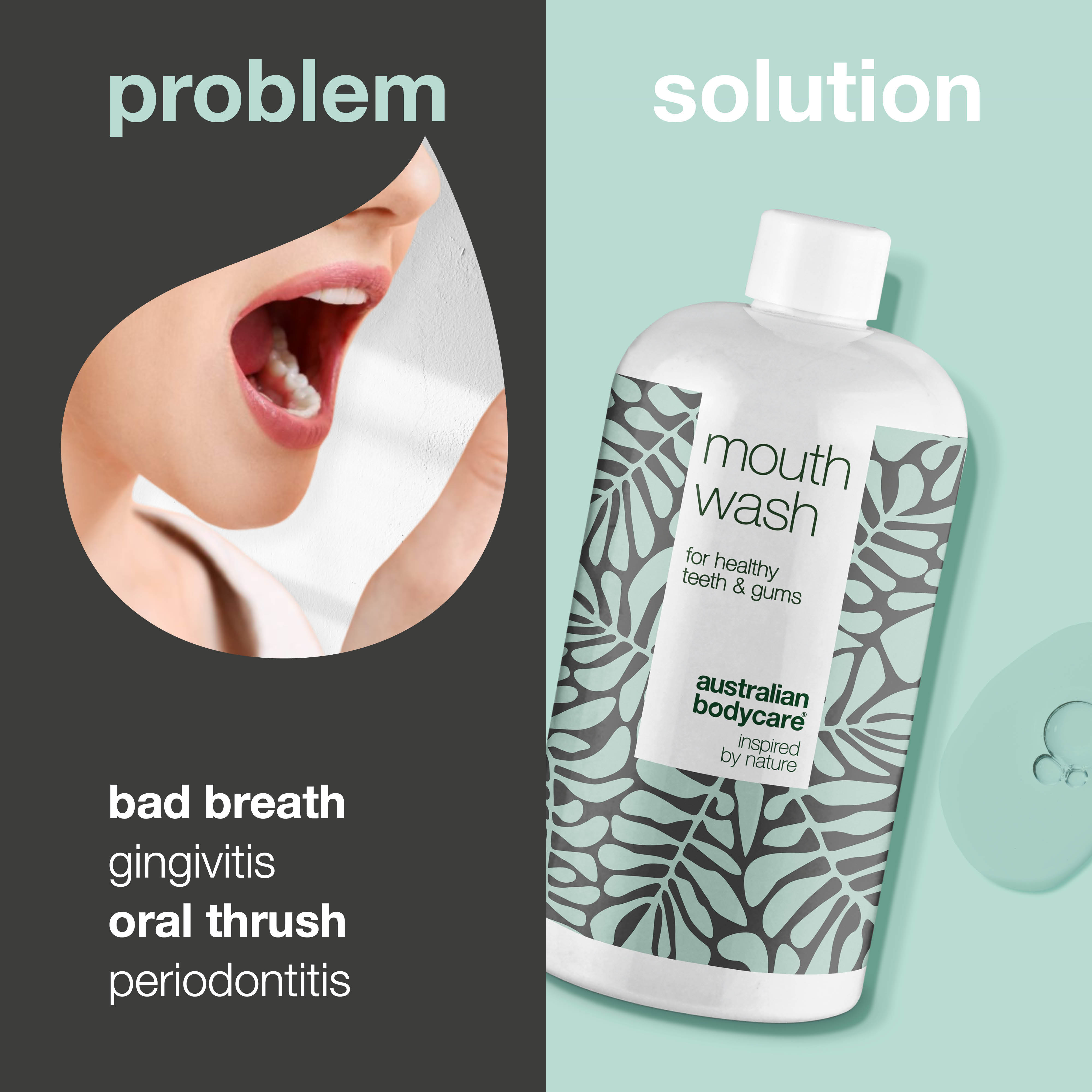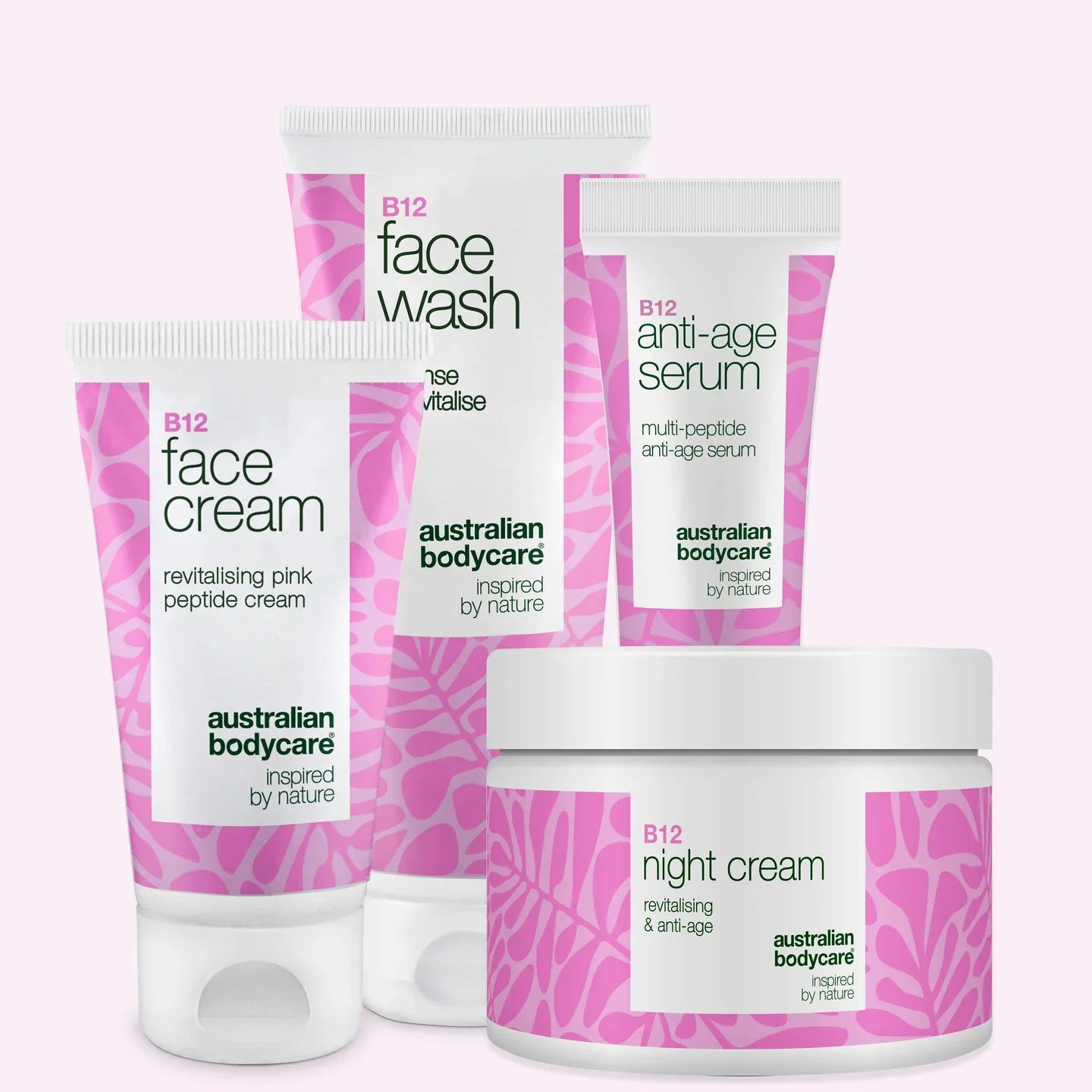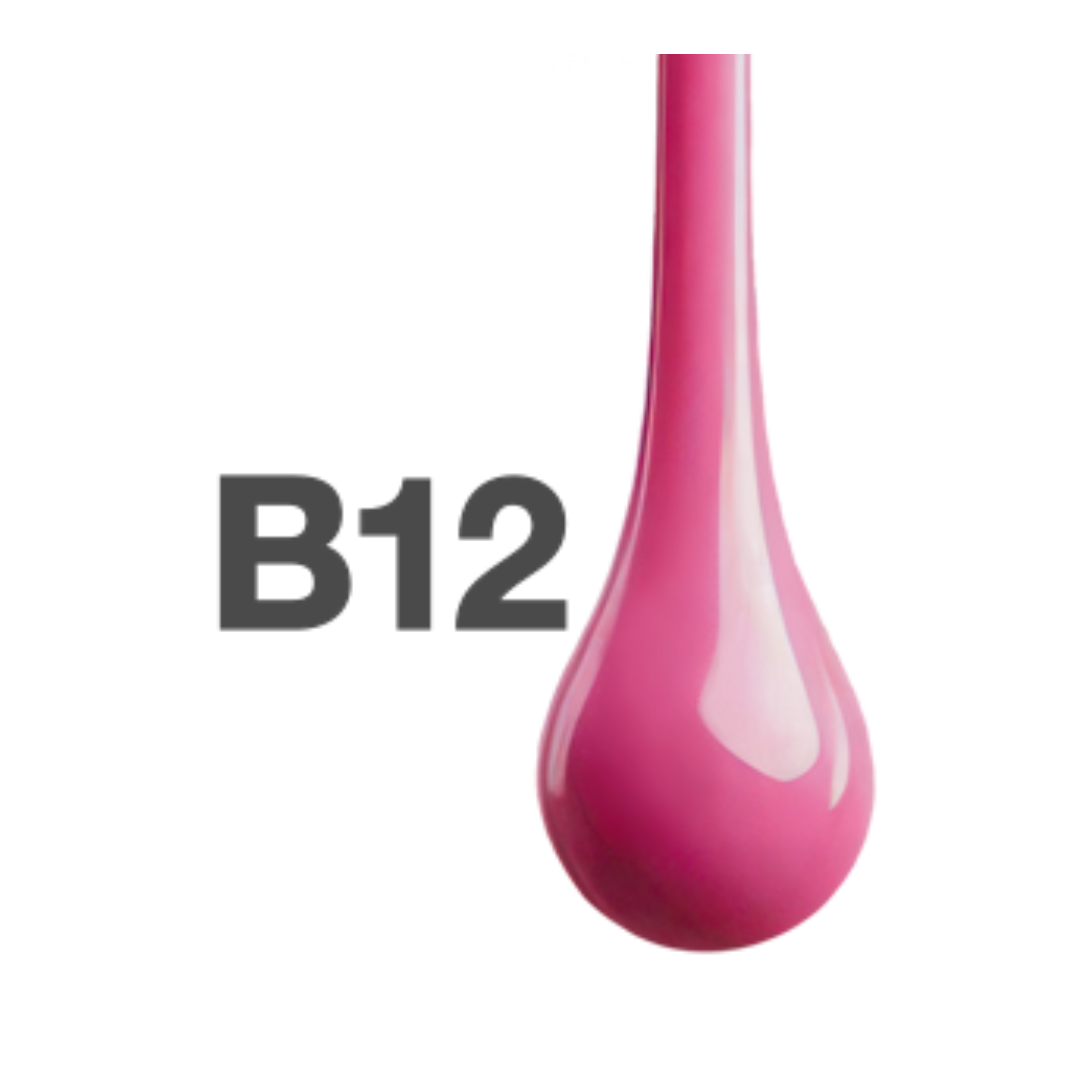Mouthwash – The best supplement for a healthy mouth
There are several good reasons why many people use mouthwash as part of their daily oral care routine.
But why might it be a good idea?
Find out what mouthwash is, what benefits you can enjoy and how to choose the right mouthwash.
Table of contents
What is mouthwash?
Mouthwash is a liquid designed to rinse the mouth. Exactly as the name suggests. Therefore, the liquid should not be swallowed, but spit out again.
Mouthwashes can contain various ingredients that help you maintain good oral hygiene - and can therefore act as a supplement to brushing your teeth.
When should I use mouthwash?
Many people use mouthwash to get rid of bad breath. But there are many reasons to use mouthwash.
The liquid can help you:
- remove plaque and prevent new plaque from forming.
- clean the mouth
- counteract bad breath and bad taste in the mouth.
- protect against tooth decay and gingivitis (ultimately periodontal disease).
Use mouthwash as a supplement - never on its own
Although mouthwash has many beneficial properties that can help keep your mouth healthy and clean, the liquid cannot replace regular oral hygiene with a toothbrush.
Brushing your teeth is the most important way to keep your mouth healthy. And the best way to do this is to brush your teeth twice a day and floss between the teeth where the toothbrush cannot reach.
Mouthwash should therefore be seen as a supplement to maintaining healthy oral hygiene, but cannot stand alone.
Which mouthwash should you use?
There are several different types of mouthwash on the market. And it's always a good idea to think about which mouthwash you use to complement your oral hygiene.
For example, there are mouthwashes with:
- Chlorhexidine
- Tea Tree Oil
Why should you use mouthwash with Chlorohexidine?
Have you had your wisdom teeth removed or undergone root canal treatment at the dentist?
If you have had major treatment or surgery, a mouthwash with chlorhexidine may be a good choice for you.
Chlorhexidine helps to disinfect wounds if you have had surgery in your mouth. After major treatments and operations, your mouth can often feel so sore that it is too painful to brush with a toothbrush. A mouthwash with chlorhexidine can be a good substitute - at least for a while.
It's important that you don't skip brushing your teeth and start using mouthwash instead.
You should only use it as a substitute until you can use your toothbrush again without problems. And never rinse your mouth with chlorhexidine for more than two to three weeks. This type of mouthwash is not suitable for daily use.
If you use the mouthwash for a longer period of time, it will disrupt the natural bacterial flora in your mouth. If you don't use it within the recommended two to three weeks, it could discolour your teeth and affect your sense of taste.
The natural bacteria in your mouth are essential for you to be able to taste food, and "destroying" them could interfere with your sense of taste.
Why choose mouth wash with Tea Tree Oil?
Do you suffer from bad breath and a bad taste in your mouth? Or do you experience sore and bleeding gums?
Mouthwash with Tea Tree Oil from Australian Bodycare effectively helps to fight bacteria and ensure a healthy environment in your mouth. The liquid is suitable for soothing and relieving sore gums and bleeding gums, as well as preventing thrush on the tongue.
Rinsing your mouth leaves your mouth feeling clean and fresh, so you can say goodbye to bad taste and bad breath.
Tea Tree Oil is a special oil that has been used in Australian folk medicine for more than 1000 years - thanks to its effective anti-bacterial properties. Therefore, it is also particularly suitable for ensuring the health of your oral hygiene.
Where does mouthwash fit in to a healthy oral care routine? A step by step guide
Mouthwash cannot be the only step in your oral care routine. And it certainly can't replace daily brushing of teeth. But how should you incorporate mouthwash into your daily oral care routine?
This is how you add mouthwash into your daily routine:
- Brush your teeth thoroughly twice a day. For example, with Tea Tree Oil toothpaste, which inhibits bacteria and prevents sore gums and plaque build-up.
- Floss between your teeth to remove food debris and dirt that you can't reach with a toothbrush.
-
Finish your oral care with mouthwash, which you gargle around in your mouth for about 1 minute and spit out again. It's a good idea to wait a little while before rinsing your mouth in the liquid after brushing your teeth, so that you don't rinse away the beneficial effects of the toothpaste before they have had a chance to work.
- Use a tongue scraper to scrape your tongue free of bacteria if you have particularly bad breath problems.

